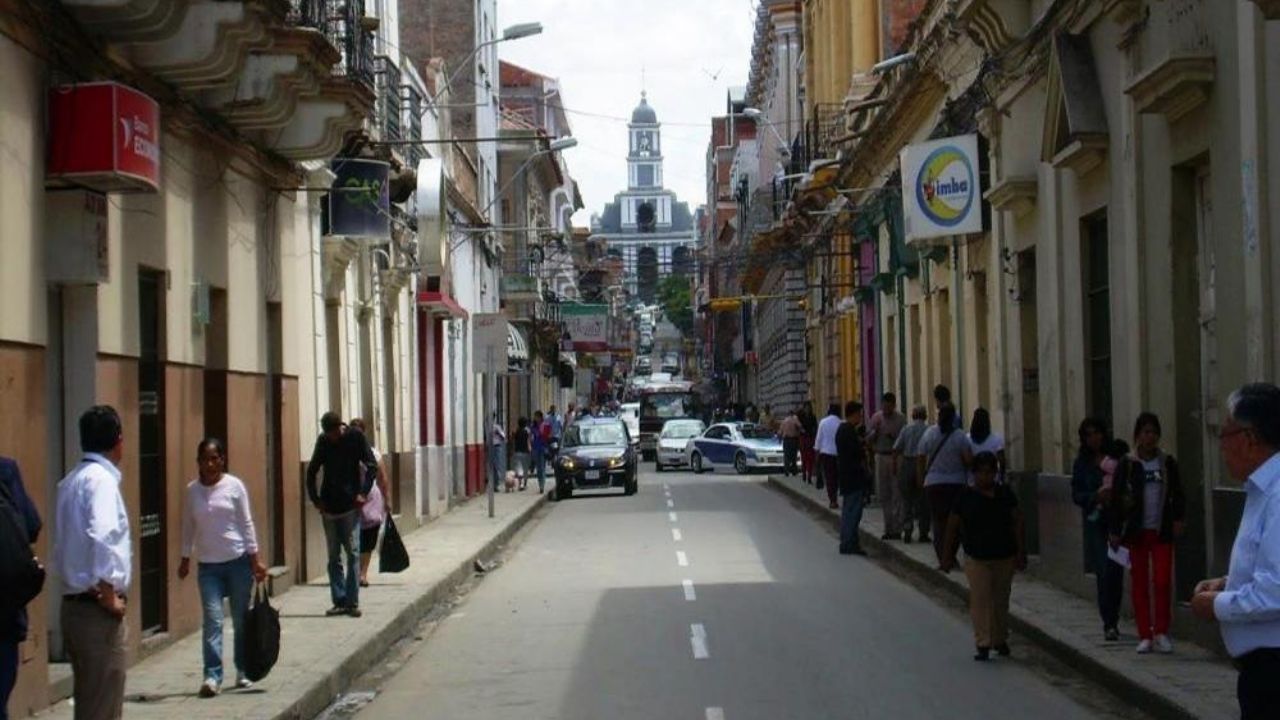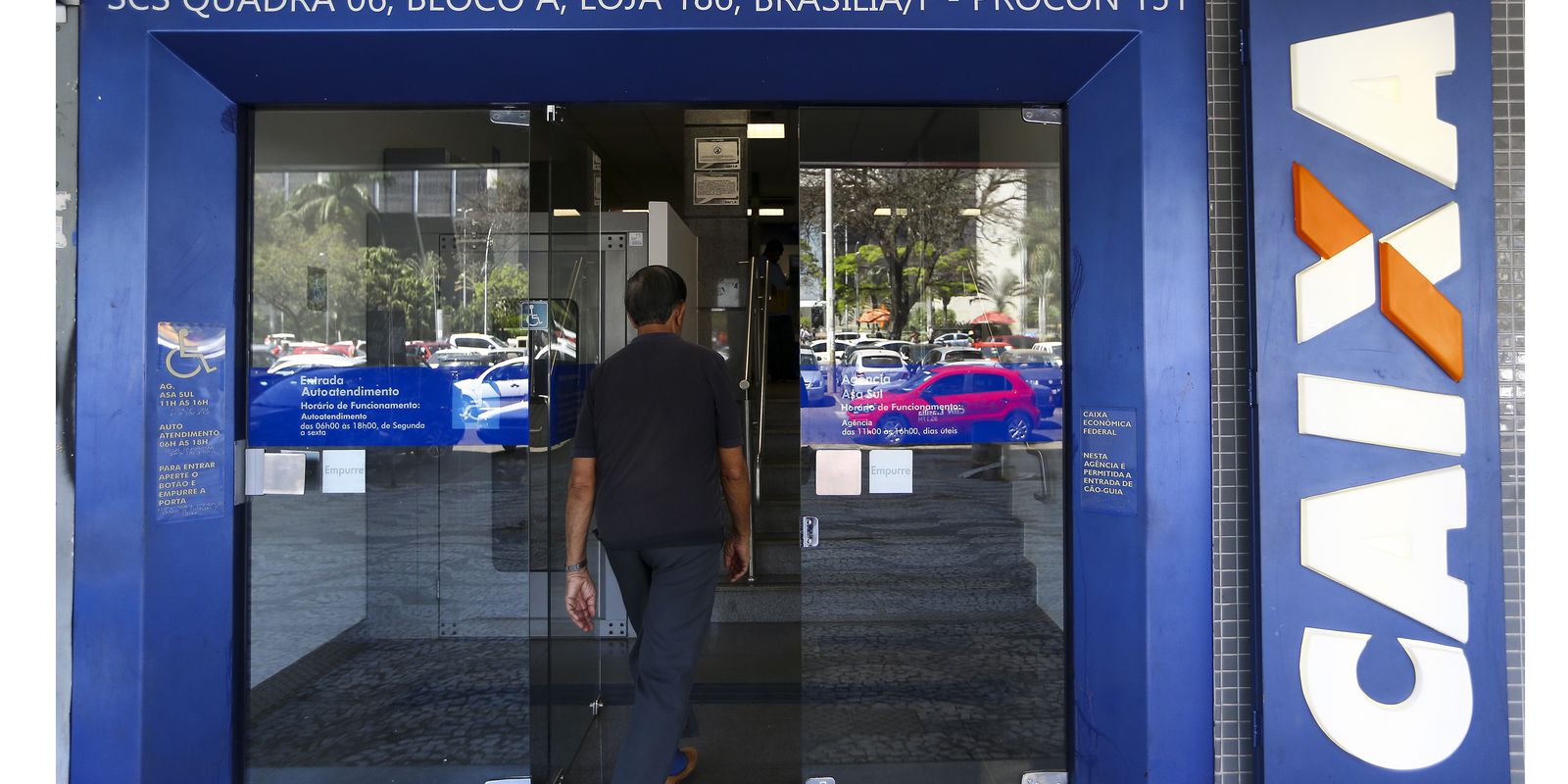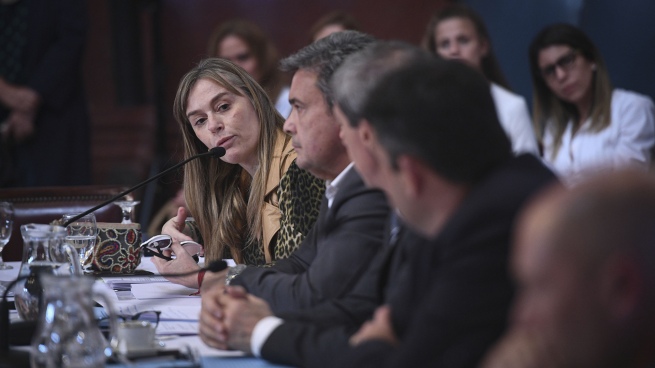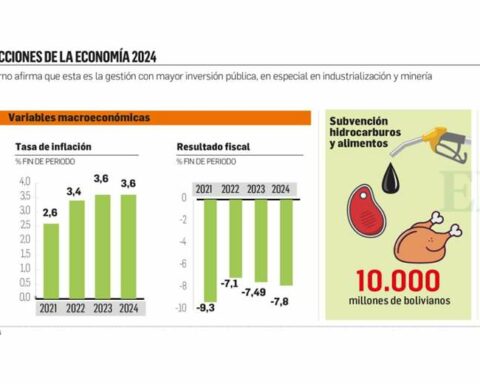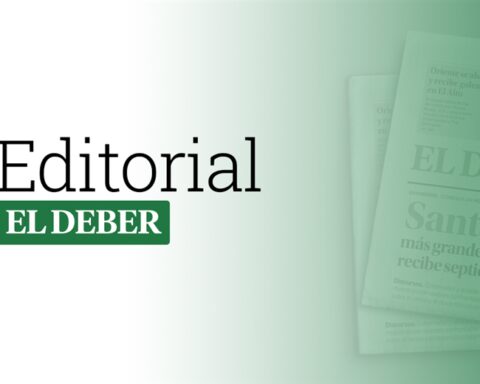Page Seven / La Paz
Since 2015, the economy of Tarija has registered a sustained decline due to lower natural gas production and lower prices. In 2020, the crisis caused by the cornavirus pandemic deepened this deterioration.
The department celebrates this April 15 another anniversary of the Gesta Libertaria of 1817.
An analysis carried out by the president of the College of Economists of Tarija, Fernando Romero, based on official data, reveals that 2014 was the last year that the departmental GDP grew by 4.98%.
In 2015, the Tarija economy fell by -2.73%, in 2016 by -6.15%, in 2017 by -3.66%, in 2018 by -4.37% and in 2019 by -5.97%.
While in 2020, in the year of the coronavirus pandemic, the departmental GDP contracted by -10.63% (see table).
Figures from the Ministry of Economy reveal that the nominal GDP of Tarija in 2014 reached its highest level with 4,449 million dollars, but in 2016 it fell to 2,745 million dollars, in 2019 it reached 3,056 million dollars and in 2020 it fell to 2,485 million dollars. Dollars. GDP per capita fell from $8,595 in 2014 to $4,261 in 2020.
Royalties and transfers were reduced from 5,499 million bolivianos in 2014 to 1,775 million bolivianos, in 2021.
According to Romero, during 2014-2020 Tarija had an economic decrease of 45% and during the pandemic its contraction was 19%, figures that show that it was the most affected department.
In contrast, Bolivia’s GDP (at market prices) during 2014-2020 grew by 11%, but between 2019 and 2020, due to the pandemic, it fell by 11%, that is, everything that was built in years collapsed.
In the same period, Santa Cruz grew by 20%, but fell by 7% during the pandemic, denoting a more diversified and stable economy.
“Tarija is the only department in the country, from 2015 to 2020 that decreased in its economy; the pandemic hit it unceremoniously, since its decrease went from -5.97% to -10.63% between 2019 and 2020, falling by 4.66 points, that is, we almost doubled our economic recession,” Romero observed.
The analysis reveals that the departmental economy is not diversified, since of the total exports between 2014 and 2020, 97% corresponded to natural gas. In addition, sales of this natural resource fell by 73% since 2014. In contrast, in Santa Cruz in the same period, natural gas, on average, represented only 37% of its exports; which reflects a much more diversified economy.
Romero said that last year there was a natural recovery of the economy in general in the country due to the effect of the price of hydrocarbons, but production is down.
In the case of the department, the economic activity does not improve. “The best indicator is the streets, if you come to Tarija and see the streets, you don’t see companies, industries. Tarija used to live on gas, now people survive on anything, the informal economy grew by more than 80% and smuggling is in all sectors. Our economy is supported in part by the income from gas, construction and tourism”, she remarked.
Romero said that a fiscal pact, diversification and that the economy at least grow is urgent, since it will take three to five years to have the positive numbers of before. “We have to get out of the crisis and think about public policies to lay the foundations for sustainable development and gradually leave the dependence on hydrocarbons.”
In 2021, according to the Ministry of Economy, restaurant sales in Tarija reached 66 million bolivianos, but they are far from the 190 million bolivianos of 2013.
The department’s exports to February totaled 263.7 million dollars, 40.5% more than in 2020.
Tax collection in 2021 reached 1,520 million Bolivians and the execution of public investment reached 156 million dollars. In 2013, this investment reached 665 million.
$1,775
MILLIONS
were the royalties and
transfers in 2021.
In 2014 they amounted to Bs 5,499 million.

